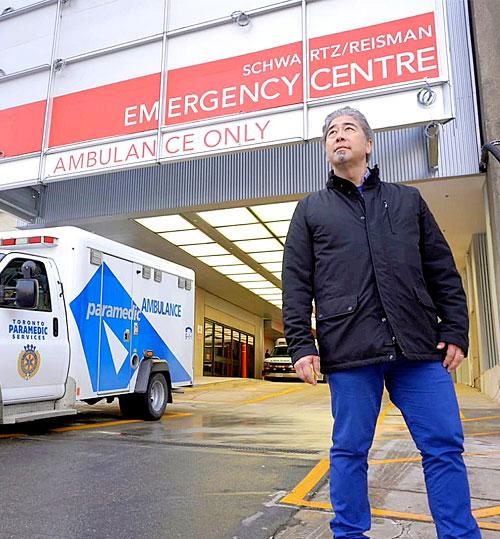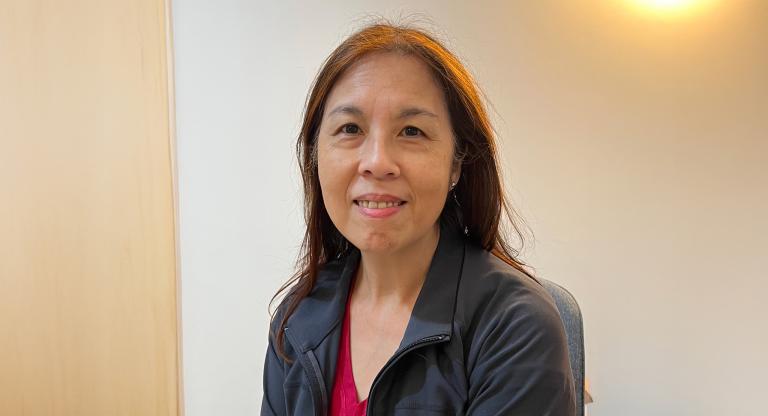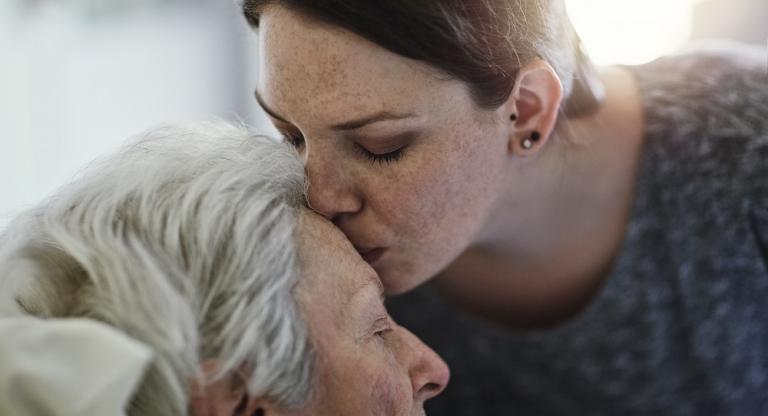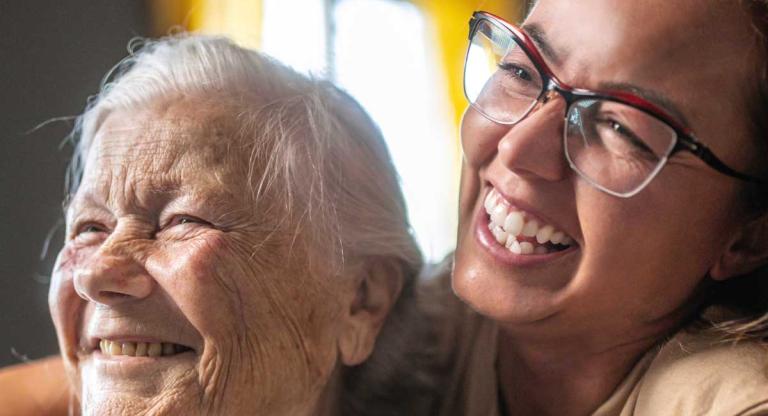How a game could be used to diagnose delirium in older persons

For Dr. Jacques Lee, it’s all about looking past the blue gown.
He’s referring to the so-called “blue gown effect,” an assumption many make when seeing a senior who’s confused about their surroundings, perhaps in the emergency department, in the waiting room or in a hospital bed.
“There can be an assumption that confusion is normal in older people,” Lee said. “You see an older person with grey hair in a blue gown and they’re a little confused, but we’ve stripped them of their context.”
“That person could be a volunteer driving for Meals on Wheels who is normally sharp as a tack, or they’re a former bank CEO and this confusion is new and completely out of the ordinary. We can sometimes miss that. This is an emergency. Delirium is an emergency.”
Lee, an emergency physician and scientist formerly at the Sunnybrook Research Institute in Toronto, joined Sinai Health last fall as its inaugural SREMI Research Chair in Geriatric Emergency Medicine. He will hold the chair over a five-year term through Sinai Health, with the option to renew.
“For the past 17 years, I’ve dedicated my career to improving the care of older people in the emergency department,” Lee said. “To have a research chair with Geriatric Emergency Medicine as the title is unbelievable.”
Lee says his initial focus will be to help physicians better diagnose and even predict delirium in elderly patients. He’s currently developing a game similar to whack-a-mole to determine whether a patient is at risk of delirium. He also hopes to develop a blood or urine test to help physicians rapidly identify delirium.
“It’s a particular challenge when you have a clinical setting like the emergency department where patients and staff move around quickly in response to the demands of the sickest patient,” Lee said. “So it’s not that surprising that we’re missing delirium.”
Lee said he’s also supervising a project to examine reasons why delirium is missed so often. Research shows it’s missed in up to 80 per cent of cases in emergency departments. Delirium, or acute brain failure, often results in confused thinking and reduced awareness, and if not identified, can be deadly.
SREMI, or the Schwartz/Reisman Emergency Medicine Institute, is a not-for-profit research, education and health policy institute based at Mount Sinai Hospital. Established in 2013, SREMI’s mission is to improve emergency care in Canada and around the world.
The SREMI Inaugural Research Chair in Geriatric Emergency Medicine was established thanks to a generous $1.5 million donation from The Gerald Schwartz & Heather Reisman Foundation. Sinai Health Foundation has committed to matching that gift by raising an additional $1.5 million over five years.










